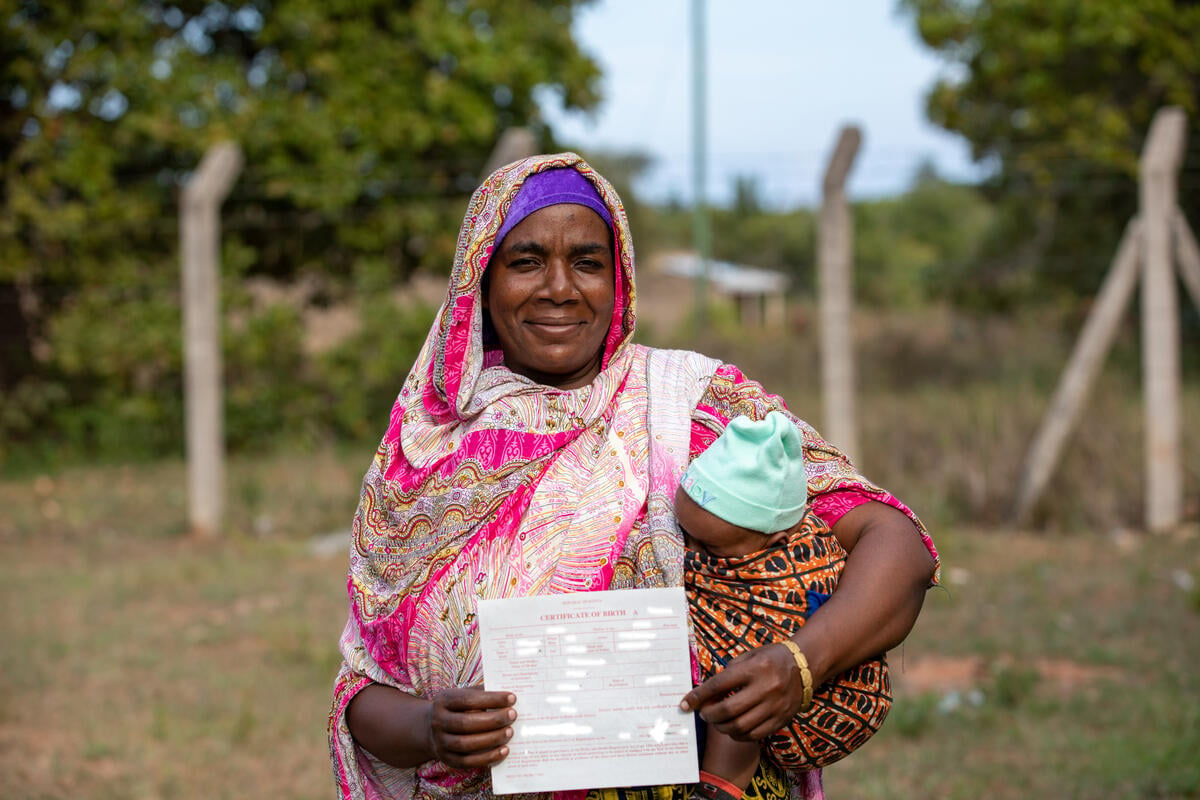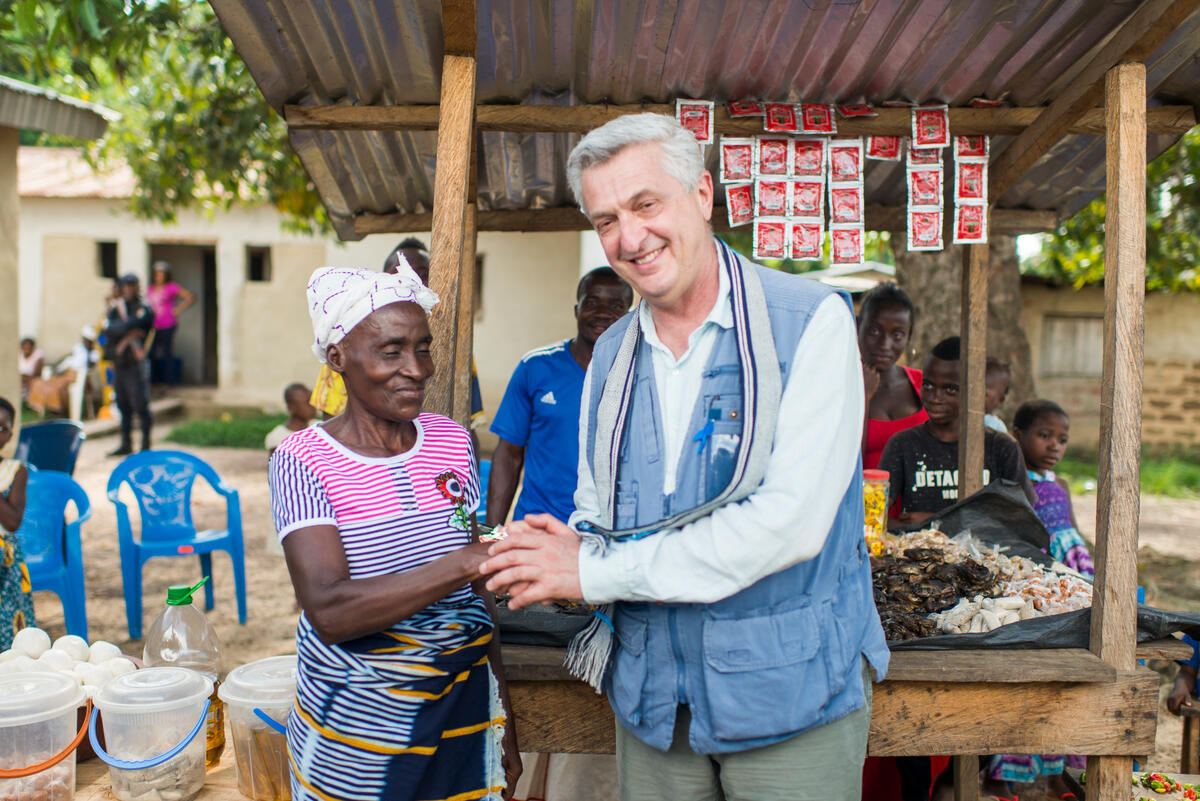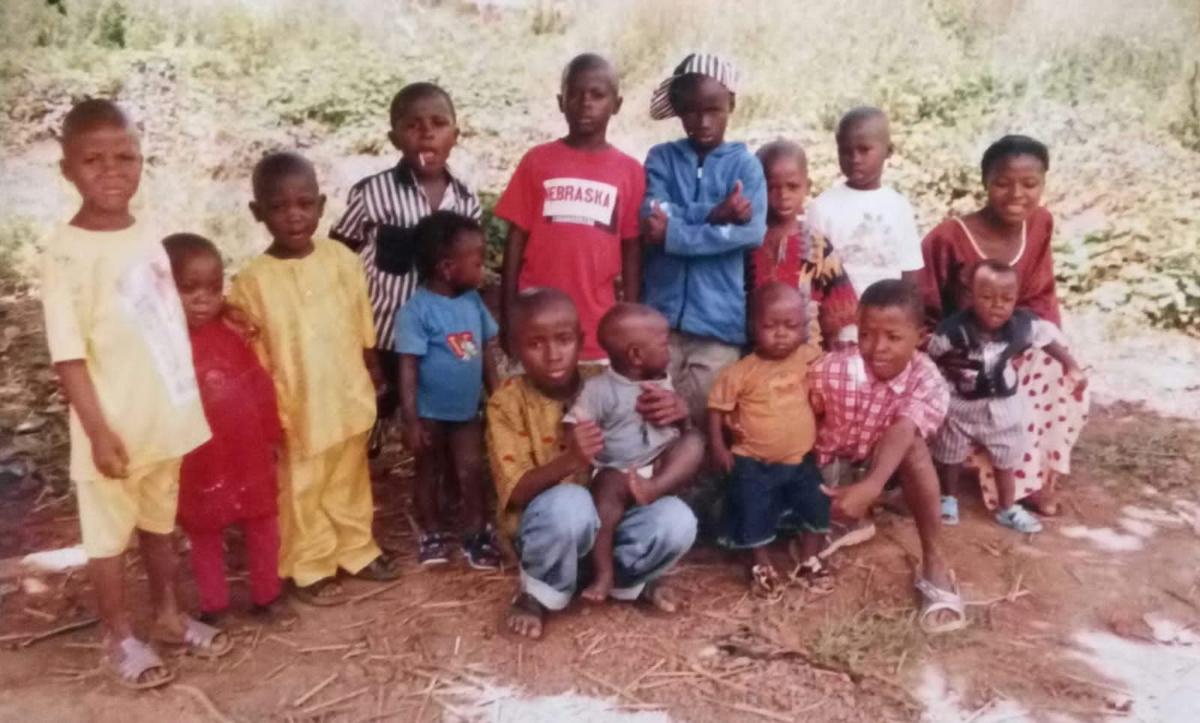Liberia's disarmament process off to a good start
Liberia's disarmament process off to a good start

MONROVIA, Liberia, Dec 8 (UNHCR) - More than 2,000 former combatants in Liberia have turned in their weapons in an encouraging start to a disarmament and rehabilitation campaign to stabilise the country.
The inter-agency campaign of Disarmament, Demobilisation, Rehabilitation and Reintegration (DDRR) in Liberia started on Sunday at Camp Schieffelin, a cantonment site 56 km east of the capital, Monrovia. More than 2,000 former government soldiers turned up voluntarily to surrender their weapons, exceeding expectations.
"The high number of ex-combatants who showed up to hand over their weapons on the very first day of the DDRR programme is an encouraging sign," said UNHCR Representative in Liberia, Moses Okello, at the opening ceremony. "It shows that Liberia is on its way to lasting peace. Hopefully, it is now a matter of time before we see Liberian refugees and internally displaced persons [IDPs] coming back to their homes."
He added that the refugee agency is prepared to play a role in the reintegration and rehabilitation process of the returnees, IDPs and ex-combatants, providing material support for the cantonment sites ranging from plastic mats to blankets, jerry cans, kitchen sets, lanterns, soap, cooking pots and plastic rolls for construction purposes. UNHCR is also ready to provide advice on camp management.
Two other cantonment sites are set to open in the coming weeks - one in Buchanan for former combatants of MODEL (Movement for Democracy in Liberia), the other in Gbarnga for LURD (Liberians United for Reconciliation and Democracy) personnel. Up to a total of 10 cantonment camps should be operational in the near future as the UN Mission in Liberia (UNMIL) progressively deploys its troops around the country.
An estimated 40,000 former combatants are potentially waiting to be demobilised and reintegrated into civilian life in Liberia after 14 years of fighting. At the cantonment camps, they will receive health care, counselling, vocational training, schooling and apprenticeships, as well as a $150 stipend after a three-week demobilisation training - a sum that many ex-combatants wrongly believed they would receive on the first day of the DDRR process. This stipend will be followed by another $150 allowance three months later.
"They will be given the opportunity to begin a new life, free of fear, free of violence, free of the deprivations of war," emphasised Jacques Klein, the Special Representative of the UN Secretary-General in Liberia, on Sunday.
The opening ceremony was also attended by the Chairman of the National Transitional Government of Liberia, Guyde Bryant, and various heads of UN agencies, as well as representatives of former Liberian government forces, LURD and MODEL.
According to Liberian Defence Minister-designate Daniel Chea, many people were surprised by the turnout of soldiers who fought for former president Charles Taylor. "This will send signals to the other belligerent forces in the country to do likewise," he said.
George, a 25-year-old ex-combatant who had been fighting with the militia for the past four years around Monrovia, cannot hide his joy at relinquishing his weapon. "Peace has come to my country," he said. "I am going to encourage my friends, my brothers, my sisters, everyone to do the same thing. The war is over, we want peace."









